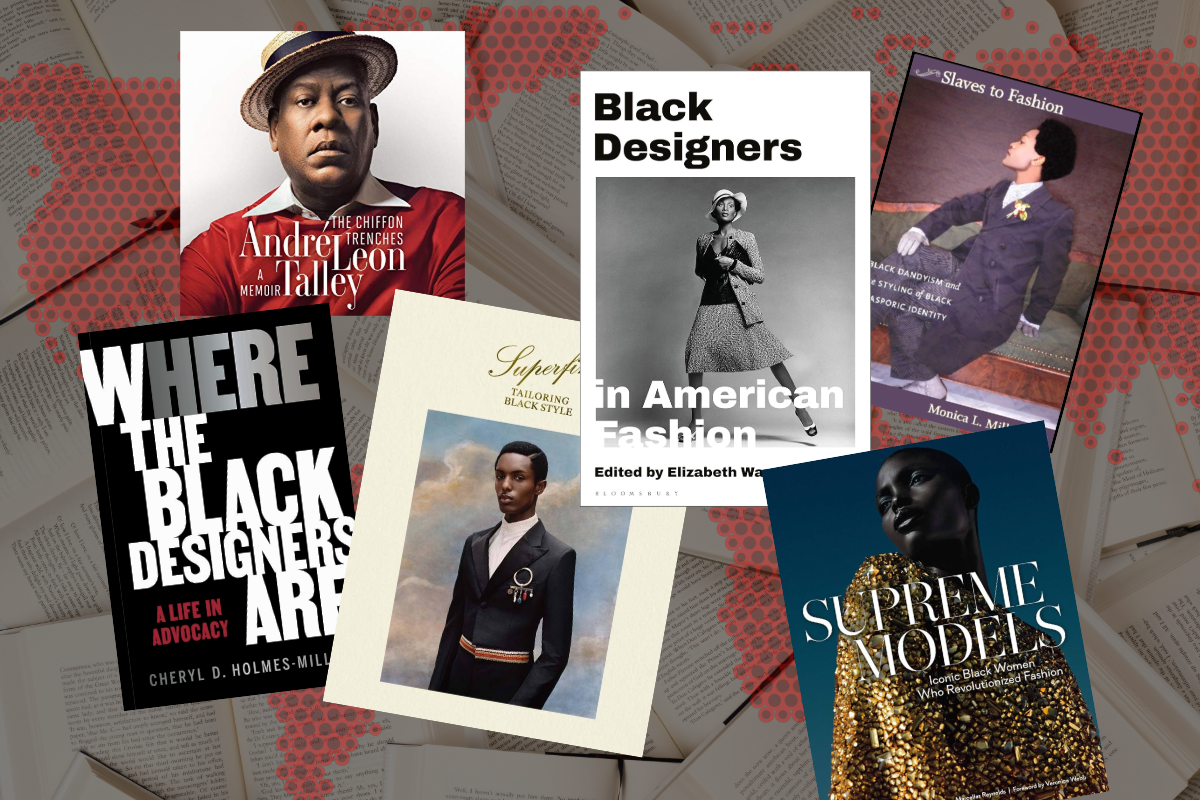Greenwashing is absolutely everywhere in the fashion world right now and it can be difficult to know which brands are actually sustainable. The fast fashion industry is responsible for 4-8% of all global greenhouse gas emissions, far more than aviation. Not only that, dyes, fabric waste, and unwanted garments litter our natural resources so that out of touch (and practically melting from old age) American CEOs can make a quick buck. In our changing climate, buying sustainable fashion is essential, and far more brands are fast fashion than you may think. It is not just Shein.
We need to buy clothes that are eco-friendly, but sustainable fashion can be expensive and inaccessible. High quality goods that are good for the planet are rare to find. It gets doubly hard to find those that are affordable. It’s important to reassess your expectations for what ‘affordable’ means. None of these brands will be as cheap as Shein or Forever 21 or have as wide of a selection. Because unlike those brands, these use environmentally friendly processes and materials (and pay their workers fairly), so buy at ease, knowing you are not funding brands that contribute to the gradual warming of our planet, which will eventually make it completely uninhabitable for us.
Before I get into the sustainable brands, I do need to give a quick disclaimer: the most sustainable option is what you already own. Check the back of your closet, you probably have more clothes than you realize.
However, if you need to buy something new, continue to the list!
Second-Hand Stores

I know I said my lecture was over… but I can’t write this article in good faith without mentioning thrifting because buying second hand is the next best option. You are not encouraging the production of new garments, which is a sustainable practice key to slow fashion.
Going to Goodwill, Salvation Army, Savers, etc. are ways you can get clothes at an affordable price and help the planet. While I have qualms with these brands’ ethics (Goodwill and Salvation Army make me angry with how much potential they’ve wasted), they are an eco-friendly way to get clothes.
For a more curated selection, check out places like Plato’s Closet or Buffalo Exchange. The clothes are second hand and follow trends that are relatively up to date. You can also sell your clothes there for some extra cash. The prices are higher than a regular consignment store, but the clothes are modern and fashion forward. There are also probably local thrift stores around your city, go look for them.
Websites like ThredUp, Poshmark, and Depop are online consignment stores where people sell their unwanted clothes, and you can too. You can search for specific brands, styles, or items from the comfort of your own home. They can take a bit to wrap your head around, but once it clicks, they are great places to buy interesting second-hand pieces.
Okay, now I’m done with my lecturing. We can officially get into the fun brands to buy shiny new clothes!
Lucy & Yak

Based in Barnsley, England, Lucy & Yak specializes in dungarees (or overalls, as we Americans say). Starting on Depop, Lucy and her partner, Chris, developed a website full of fun, timeless, colorful, sustainable, and affordable pieces.
Here are the ways Lucy & Yak practices sustainability:
- All of their fabric is made from recycled materials, organic materials, or deadstock fabric
- Their organic cotton is completely biodegradable
- Their polyester is made from recycled materials, meaning less new plastic goes into making the fabric
- Linen is made from organic flax
- Deadstock fabric is leftover from other brands. Using what already exists is inherently more eco-friendly that creating more
- The products are versatile, timeless, and can be worn forever.
- Lucy & Yak has a buyback program. You can return their products, get money off your next purchase, and they will recycle or resell your return.
- They sell imperfect, but perfectly usable pieces, at a cheaper price to prevent waste
- Renewable energy is used in all elements of supply chain to reduce fossil fuel emissions

Girlfriend Collective

If you’re in the market for some exercise clothes (leggings, sports bras, workout sets), girlfriend collective is the sustainable brand for you
Girlfriend Collective is known for its size range, going from XXS to 6XL, far more than the standard size range. However, it uses loads of sustainable practices, meaning you can buy with ease.
- Girlfriend Collective also has a recycling program– send in old Girlfriend Collective clothes and they’ll recycle the material and give you store credit
- Packaging is completely recyclable
- Fabrics are made of recycled materials, like plastic water bottles, fabric scraps, and fishing nets from the ocean
- Fabric dyes are eco friendly and wastewater is properly disposed of and given away to make sidewalks and pavement

Groceries Apparel

Based in Los Angeles, this sustainable clothing brand uses food scraps and eco-friendly practices to create their timeless, quality pieces.
The most interesting sustainable practice is the fabric dye made of food scraps from local grocers, hence their brand name. They use vegetables like carrots, avocado pits, onion skin, and more to make nontoxic dyes for their clothes. This prevents food waste, keeping as much out of landfills as possible. It also means toxic chemicals and dyes don’t get dumped into our water supply.
Everything is made and sewn in their LA office, so there are lower fossil fuel emissions during the production process. Additionally, the fabrics are made of or with organic cotton, making them biodegradable.
The designs are timeless and can be worn today, tomorrow, and ten years in the future. They aren’t quite as bold as other brands, but they are a great source for wardrobe basics.

People Tree

Across the pond is People Tree, a brand founded in 1991 with a commitment to sustainable and ethical practices. People Tree was the very first fashion brand to earn the World Fair Trade Organisation product label, proving their dedication to environmental practices and fair wages for their employees.
People Tree has a list of ten environmental practices they are dedicated to following. These include:
- Using organic, toxin-free dyes
- Only using natural fibers and organic cottons, or fibers that follow closed loop processes like Tencel.
- Efficient water use: harvesting rainwater and recycling water
- Sourcing suppliers who care about the environment as much as People Tree
Not listed on their 10 sustainable practices, People Tree also uses recyclable packaging, low impact materials like organic cotton, and low-waste fabric cutting to minimize fabric waste.

Yes Friends

Yes Friends’ goal is to make sustainable and ethical fashion affordable for everyone. Despite the low prices of their garments, each sewist is paid a living wage and can receive tips from satisfied customers. Their factory is solar powered and uses organic cotton for their tee shirts.
Here is a brief list of their sustainable practices:
- Sustainable and recyclable packaging
- Certified fairtrade cotton and certified vegan
- Dyes are Global Organic Textile Standard approved to limit toxins
- Excess dye is sent to cement factories
- Recycling water
- When cutting the fabric, extra scraps are used for other garments
- Their denim is made of hemp, which is equally organic as cotton, but uses less water to grow
They do so much to offset their environmental cost on the planet and make tee-shirts for 15 dollars. That is unheard of in the sustainable fashion world. The options are limited and basic, but their sustainable processes, affordable prices, and ethical production more than make up for it.

That’s it for the sustainable brands!
I hope you got some use out of this list and feel inspired to shop sustainably! There is no shortage of sustainable clothing brands out there but remember: the most sustainable option is the one you already own.







